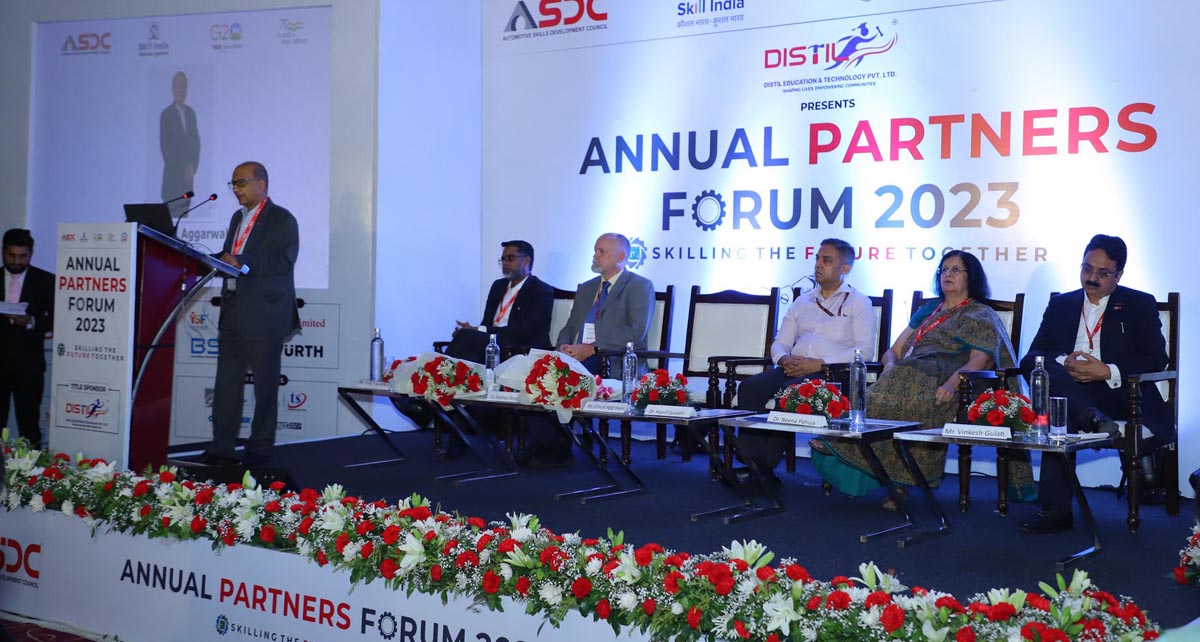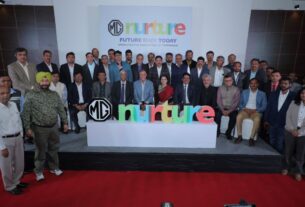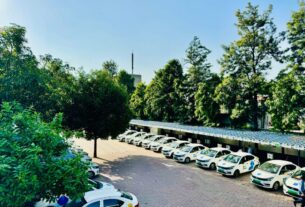In an insightful interview with Rajesh Rajgor, Vinod Aggarwal, MD & CEO of VECV and President of ASDC (Automotive Skills Development Council), discusses the pioneering role of India’s first dedicated sector skills council for the automotive industry. Emphasizing collaboration and inclusivity, he sheds light on ASDC’s initiatives in bridging the skill gap, fostering innovation, and preparing the workforce for transformative changes in areas like IoT, mechatronics, robotics, AI, and electric vehicles.
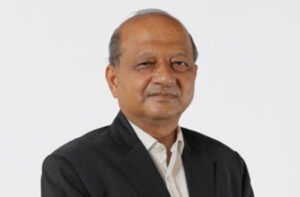
Could you please tell us more about ASDC’s role as the first dedicated sector skills council for the automobile industry in India and its significance in addressing the industry’s skill development needs?
ASDC is India’s pioneering sector skills council for the automotive industry, offering diverse training programs catering to individuals from various backgrounds. Our focus lies in providing high-level professional training and certifications in emerging areas such as IoT, mechatronics, robotics, and AI. We have skill training centers spread across the value chain to equip individuals with the necessary expertise to work with cutting-edge technologies. Through collaborations with industry leaders and technology providers like Google, we offer digital training and certification programs. ASDC plays a crucial role in ensuring that the automotive industry has a skilled workforce to fuel its growth and success. By identifying industry-specific skill needs and developing tailored training programs, ASDC is shaping the future of the Indian automotive industry.
The Partners Forum 2023 event had the theme ‘Skilling the Future Together’. Can you please elaborate on the importance of collaboration among learners, organizations, and stakeholders in developing and enhancing the skills required for the future of the automotive industry?
Collaboration is pivotal in keeping up with the rapidly evolving automotive industry and its skill requirements. By coming together, learners, organizations, and stakeholders share knowledge and expertise, gaining a comprehensive understanding of future skills needed. Such collaborations foster the development of relevant and effective training programs that meet the industry’s demands. The Partners Forum 2023 provided a platform for learners, organizations, and stakeholders to collaborate, discuss future skills, and collectively work towards enhancing the automotive industry’s workforce.
With the rapidly changing nature of the automotive industry, what are the key challenges and opportunities you foresee in terms of skilling the future workforce?
The automotive industry faces a notable skill gap, hindering growth due to a shortage of workers with expertise in emerging technologies and advanced manufacturing processes, especially in India. The mismatch between existing workforce skills and industry demands poses a significant challenge. Inadequate infrastructure and resources further exacerbate the situation, particularly in certain regions of India. Nevertheless, the industry offers opportunities in manufacturing, research and development, software development, and service roles, driven by rising income levels, urbanization, and government support for EVs. The adoption of EVs opens doors for skill development in battery technology, EV design, charging infrastructure, and maintenance, while fostering entrepreneurship in EV-related ventures. To address challenges and capitalize on opportunities, ASDC collaborates with industry stakeholders and the government, developing relevant skill development programs for a thriving automotive industry.
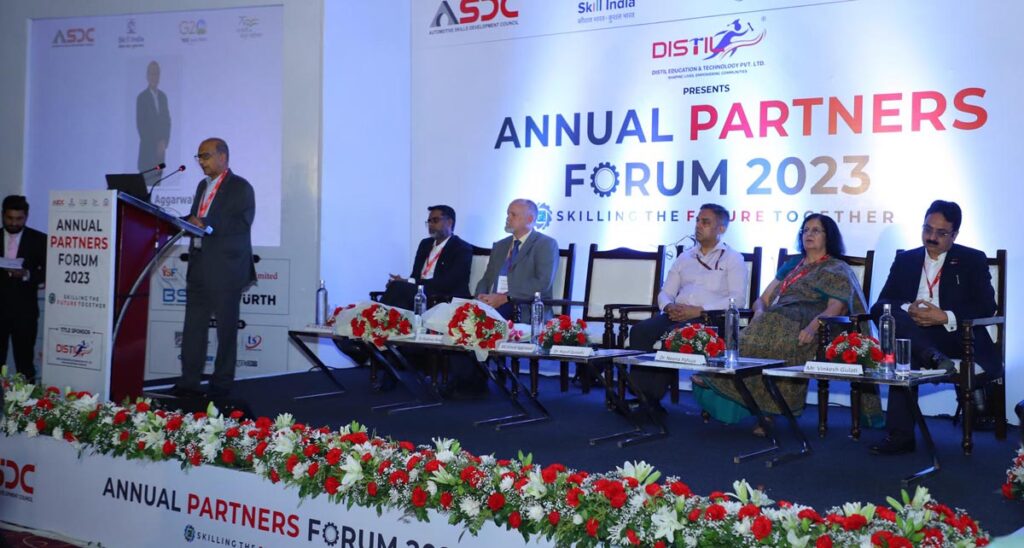
How does ASDC work with industry experts, business leaders, and stakeholders to address the skill development requirements of the automotive industry? Could you share some examples of successful collaborations and initiatives?
ASDC actively collaborates with educational institutions, training providers, industry experts, and associations like SIAM, ACMA, and FADA. These collaborations ensure ASDC’s training programs align with industry standards and cater to the automotive sector’s evolving needs. Successful initiatives include joint programs with organizations like GIZ (Deutsche Gesellschaft für Internationale Zusammenarbeit a German development agency) for ‘E-Bus Upskill Capacity Building’ and partnerships with RTI (Research Triangle Institute) India for comprehensive EV institutional capacity building. By working closely with industry leaders, ASDC equips the youth with the necessary skills, making them job-ready and addressing the automotive industry’s skill requirements.
Upskilling current employees and attracting new talent are crucial aspects of skilling the future workforce. What strategies or programs does ASDC have in place to ensure a continuous flow of skilled professionals into the automotive industry?
ASDC offers upskilling and reskilling programs, keeping current employees updated on the latest technologies and skills. These programs are tailored to the industry’s needs and delivered through various channels, including online platforms, classroom training, and on-the-job apprenticeship. Collaborations with industry stakeholders, like Hero MotoCorp and Livguard Batteries, drive specific initiatives like ‘Project Jeevika’ and EV upskilling. ASDC also conducts job matching services, job fairs, and career counseling to help individuals find employment and pursue automotive industry careers. The National Automobile Olympiad engages school students, encouraging them to explore careers in the automobile industry.
In what ways does ASDC support the development and implementation of new technologies and processes within the automotive industry? How does skilling the workforce contribute to driving innovation in the sector?
ASDC actively advocates for change in the automotive industry, ensuring it supports innovation and the adoption of new technologies and processes. Industry forums and events provide a platform for collaboration, knowledge sharing, and finding solutions to skill development needs. Skilled workers are essential for successfully implementing new technologies in the automotive industry. ASDC’s training and upskilling opportunities equip the workforce to handle advanced systems like EVs, 3D printing, and alternative fuels. Skilled workers improve operational efficiency, identify process improvements, and actively participate in research and development, driving innovation and competitiveness in the automotive sector.
Creating a resilient, adaptable, and equitable workforce is a goal for many industries. How does ASDC ensure inclusivity and equal opportunities in skill development within the automotive sector?
ASDC is committed to creating an inclusive and equitable workforce within the automotive sector. We promote gender diversity and reach out to individuals from underprivileged communities, rural areas, marginalized groups, and persons with disabilities. Our skill development programs cater to diverse communities, and we recognize prior learning to acknowledge existing skills. ASDC offers flexible learning options and training in multiple languages to ensure everyone can participate. We break gender stereotypes, promote diversity, and create a welcoming environment for all in the automotive industry.
Could you provide insights into the initiatives or programs that ASDC offers to bridge the gap between industry requirements and the skills of potential employees? How do these initiatives help align the skill sets of individuals with the needs of the automotive industry?
ASDC conducts regular skill gap analysis to identify industry-specific needs. We offer upskilling and reskilling programs, partnering with industry stakeholders and providing on-the-job training. Collaborations with organizations like Hero MotoCorp, Tide Water Oil Company, and Livguard Batteries address specific skill requirements. ASDC provides job matching services, career counseling, and industry awareness campaigns, helping individuals find employment and aligning their skill sets with the automotive industry’s needs. The National Automobile Olympiad engages school students to create excitement about automotive careers.
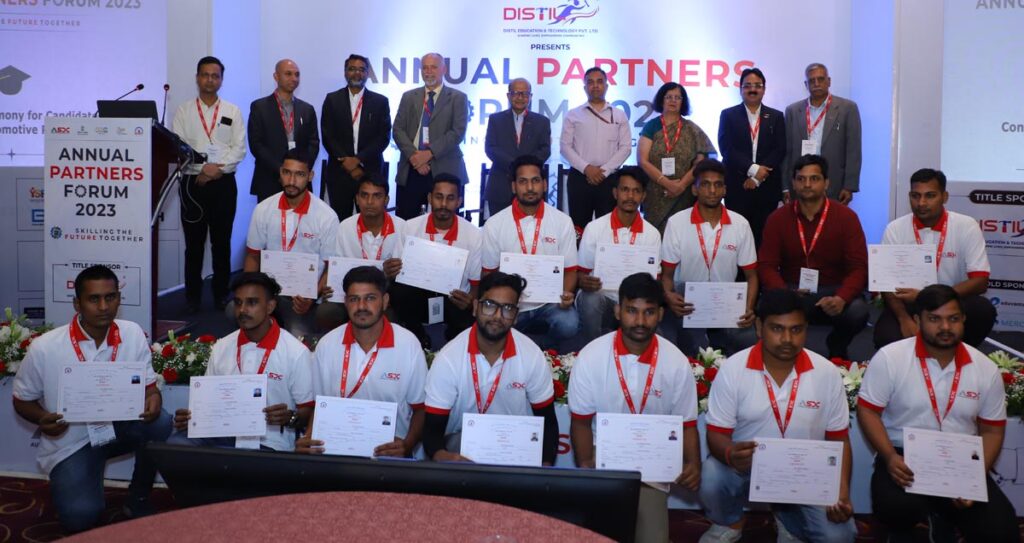
How does ASDC collaborate with the Ministry of Heavy Industries, Ministry of Road Transport & Highway, and Ministry of Skill Development and Entrepreneurship to achieve its objectives and foster skill development in the automotive sector?
ASDC is represented by the Ministry of Skill Development and Entrepreneurship, Ministry of Road Transport & Highway, and Ministry of Heavy Industries. Working together ensures ASDC’s initiatives align with the ministries’ policies and objectives. Collaboration with the government provides coordination, funding, and guidance for successful skill development implementation in the automotive sector. Initiatives by the Ministry of Heavy Industries promote EVs and advanced automotive solutions, driving skill development, job creation, and global competitiveness. These efforts support a sustainable and innovative mobility ecosystem, equipped with skilled individuals for the future of the automotive industry.
Looking ahead, what are ASDC’s future initiatives to further strengthen the skilling ecosystem in the automotive industry? Are there any specific areas or technologies that ASDC will focus on in the coming years?
ASDC’s future initiatives focus on preparing the automotive industry for the transformative changes ahead. With the rise of electric vehicles, autonomous driving, and other new technologies, we will prioritize the development of skills in emerging areas such as IoT, mechatronics, robotics, artificial intelligence, and machine learning. We have job titles like Automobility Sustainability Engineer, Robotic System Integrator, and Automotive Cybersecurity Engineer as per the NSQF standard. ASDC will continue collaborating with industry stakeholders, educational institutions, and the government to develop relevant training programs that meet the automotive industry’s needs. By equipping individuals with the necessary skills, we aim to ensure that India’s automotive workforce is ready to embrace the challenges and opportunities of the future.


